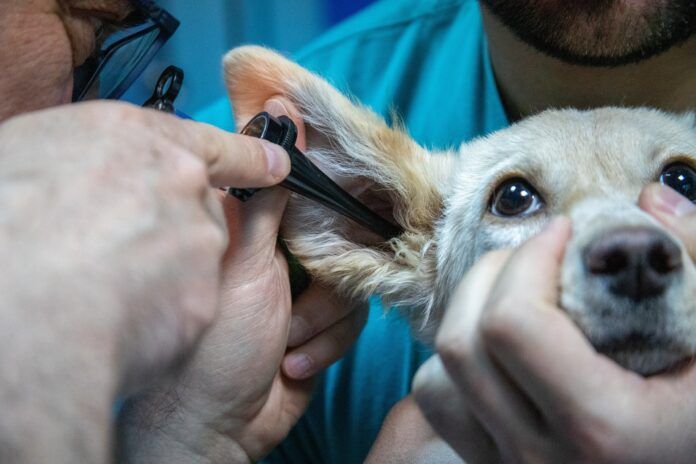Calls for a veterinary training program at UNBC’s Prince George campus are picking up again.
According to a joint report from the BC Catllemen’s Association and several partners, the ratio of large animals to veterinarians in rural and northern BC is between eight and nine thousand animals per vet – roughly triple the rate seen in urban areas.
BC Cattlemen’s Association President, Brian Thomas told Vista Radio the crisis is now becoming an animal welfare issue.
“I mean, if you don’t have a large animal vet here in the vicinity to help you with these emergencies it’s not very good for the animals.”
“You have to have a relationship with your vet and they have to come out and eyeball your cattle and they are not just giving you a vaccine for no reason. That’s getting harder to do to as it’s becoming an animal health and welfare issue too. It’s getting harder and harder to get these vets.
Thomas added while having 40 provincially funded seats at the Western College of Veterinary Medicine in Saskatoon is nice, it doesn’t provide an immediate fix.
“It’s a long-term solution but we still have the same problem of the shortage of vets and stuff like that,”
Conversely, it’s only adding to the large appetite livestock operators have for a BC-based program, which they would like to see at UNBC’s PG campus.
“If we have a college centralized in Prince George – these students are closer to home and family and they would probably do better.”
Some of the partners related to the report were the Regional District’s Bulkley Nechako and Fraser Fort George.
The economic impact generated by veterinarians in BC is 2.4 billion dollars.
In addition, BC’s livestock sector contributes about 1.5 billion dollars of gross domestic product to the economy each year.


